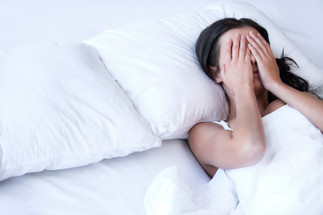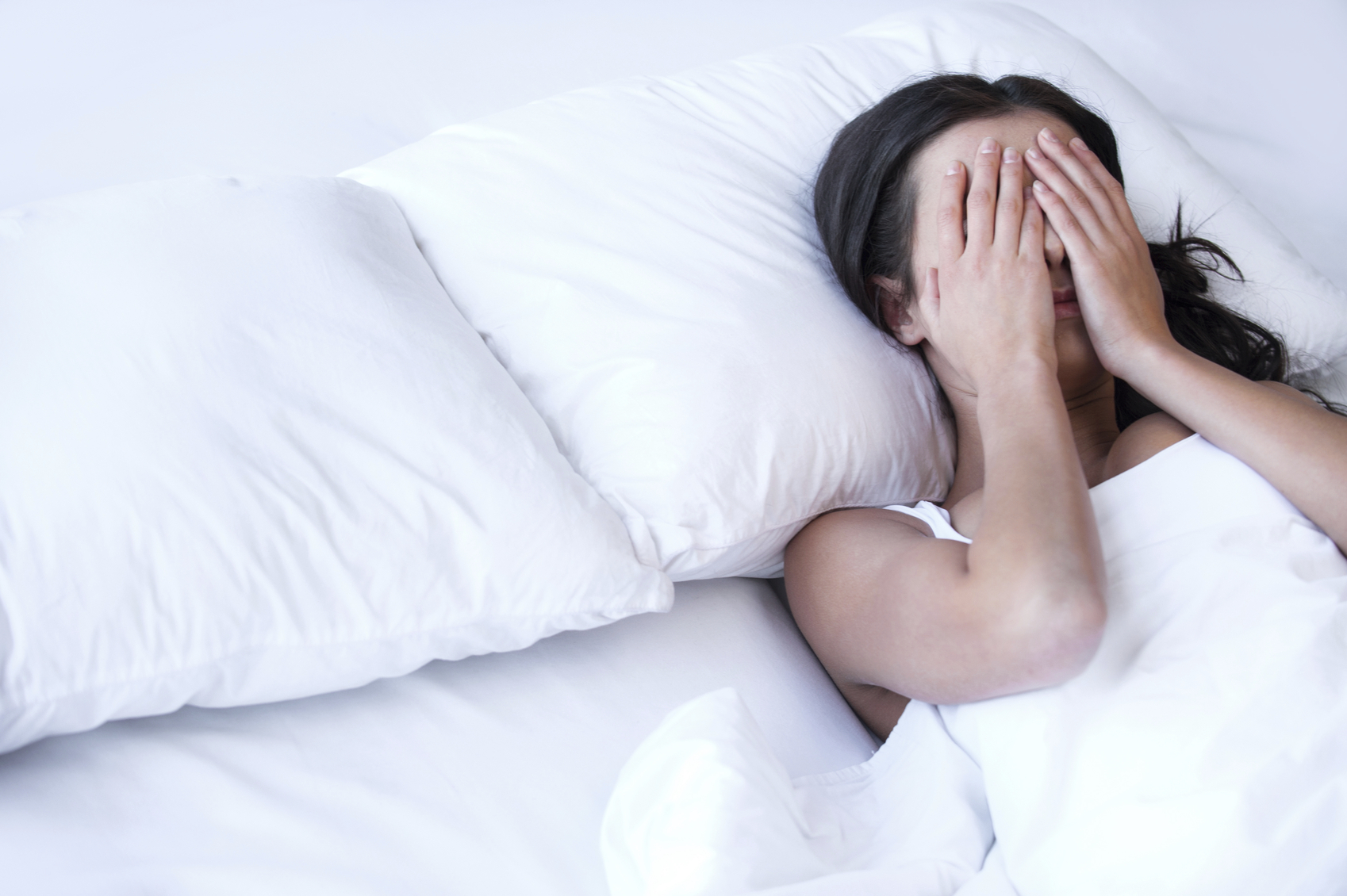Posted by Miriam Akervall on Jul 6th 2016
8 Reasons You're Not Sleeping Well
There’s nothing better than getting up after a good night’s rest feeling refreshed and ready to take on the day. Not sleeping well has been shown to set off a nasty cycle of health issues. Here are eight reasons you may not be maximizing your nightly Z’s.
1. Ignoring a Cough or Cold
Letting your sinus infection or mild cough go untreated is a common reason for sleep loss. A sore throat or persistent coughing can keep you up at night -- the more you ignore it, the worse it gets. Remember that hydration is your friend: drinking lots of water is the easiest way to soothe a cough. Take a hot shower before bed, allow the steam to build up and soothe your sinuses. If congestion persists once you’ve hit the hay, prop yourself up so that your head is slightly elevated.
2. Chronic Stress
All day long, our attention is constantly being diverted into multiple directions. Assignments, deadlines, lunch meetings, even social interactions can be potential stressors -- although stress is sometimes a useful biological state, chronic stress can affect your health and the quality of your sleep. Try these stress-relief tips before bed for a better night’s rest.
3. Alcohol & Caffeine
We all know that last night cap is tempting. Yet despite common misconception that an evening drink is the adult equivalent of a lullaby, alcohol acts as a stimulant after a few hours. This increases your sensitivity to disturbance as you sleep and increasing the amount of times you wake up during the night. The same goes for caffeine -- stay strong and avoid products like tea, chocolate or coffee before bed.
4. Bedtime Screens
Be sure to limit your instagram scrolling to the daylight hours. Exposing your eyes to bright, harsh lights in the dark -- such as the kind that emanates from a smartphone screen -- is not only harmful to your sight, but will make it harder to fall asleep.
5. Expired Pillow
Did you know that it’s recommended to replace your pillow every few years? Dust Mites and other allergens can build up otherwise, and it isn’t healthy to breath those in all night. An old pillow starts loosing its shape and ability to support your head and neck, which can result in pain and discomfort during sleep.
6. Cat Attack
Don’t get us wrong -- pets are lovely companions and cuddle buddies. However, it’s not always a good idea not to let them sleep in your bed. Cats and dogs don’t have the same sleep cycles as we do, often waking up and moving during the night, sometimes choosing questionable locations for their slumber, and potentially bringing dust mites, pollen, fleas and other things that stick to fur into your bed. Best to let Mittens know you need your space at night.
7. Temperature
Our bodies prefer to sleep in cooler environments. If you’re having trouble falling or staying asleep, try snoozing with a fan on or the windows open. If need be, turn the air conditioning down to around 60 degrees; that is the optimal temperature for rest.
8. New Surroundings
Have you ever noticed yourself waking up repeatedly or having trouble staying asleep when you’re in an unfamiliar setting? People often report feeling particularly groggy after waking up in a hotel, a friend’s house or a tent in the woods despite the number of hours slept. Well, rest easy (or try to) knowing that it’s your brain’s way of keeping you safe. In fact, when you sleep somewhere new, half of your brain remains somewhat alert in order to be able to detect threats more easily than if you were in a deep sleep. Unfortunately this means that you’ll be much more prone to waking during the night. This is a biological survival mechanism, so there’s not much you can do to prevent this phenomenon -- besides compensating with lots of coffee in the morning.


